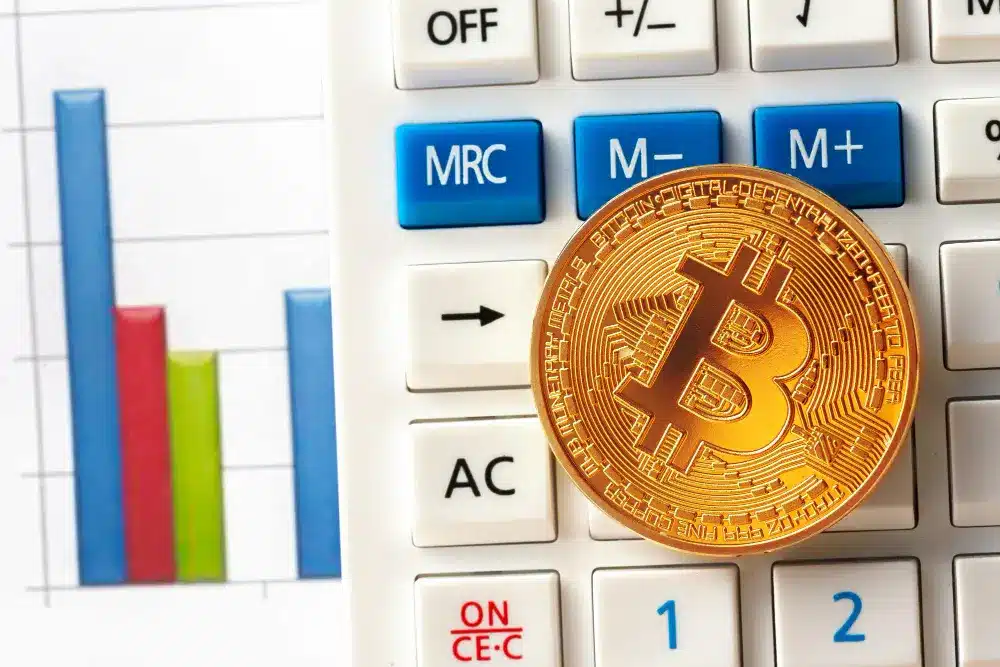The emergence of blockchain and cryptocurrency systems has introduced a paradigm shift in how ownership is defined, managed, and transferred in the digital age. At its core, blockchain is a decentralized and immutable ledger that ensures transparency, security, and trust in transactions. It eliminates the need for traditional intermediaries, offering individuals direct control over their assets, whether digital or physical. This shift empowers users to own, exchange, and verify assets with unparalleled autonomy, fostering a democratized approach to ownership. One of the most transformative aspects of blockchain technology is its ability to tokenize assets. Tokenization involves converting physical or digital assets into digital tokens that represent ownership. These tokens can be fractionalized, enabling broader participation in owning high-value assets such as real estate, art, or intellectual property. This accessibility transforms ownership from an exclusive privilege to a widely available opportunity, breaking down barriers and fostering inclusivity.

Smart contracts, another innovation of blockchain, further revolutionize ownership. These self-executing contracts automate processes based on predefined conditions, eliminating the need for third-party enforcement. For example, when purchasing property, a smart contract can automatically transfer ownership once payment is verified, significantly reducing the time, cost, and potential for disputes associated with traditional methods. This automation provides a seamless and efficient mechanism for managing complex ownership rights and obligations. Cryptocurrency news, which operate on blockchain networks, redefine the concept of money and value exchange. Unlike traditional fiat currencies, cryptocurrencies are decentralized and often operate without central authority oversight. This decentralization gives individuals greater control over their wealth, reduces reliance on financial institutions, and ensures cross-border transactions without the limitations of traditional systems. Cryptocurrencies also introduce programmability, allowing for advanced financial operations such as staking, lending, and borrowing directly between users.
Moreover, blockchain enables the creation of unique digital assets, known as non-fungible tokens NFTs , which have garnered attention for their ability to verify ownership and authenticity. NFTs have applications in art, music, gaming, and beyond, offering creators a way to monetize their work while ensuring traceable and tamper-proof provenance. This innovation challenges traditional intellectual property frameworks and opens new avenues for creative and economic expression. However, these advancements also come with challenges. Scalability, energy consumption, and regulatory uncertainty remain hurdles to widespread adoption. Yet, as technology matures, solutions such as more efficient consensus mechanisms and adaptive regulatory frameworks are emerging to address these issues. In redefining ownership, blockchain and cryptocurrency systems are not just technological advancements but also socio-economic catalysts. They offer a vision of a more inclusive, transparent, and efficient world where individuals wield greater control over their assets and interactions.










